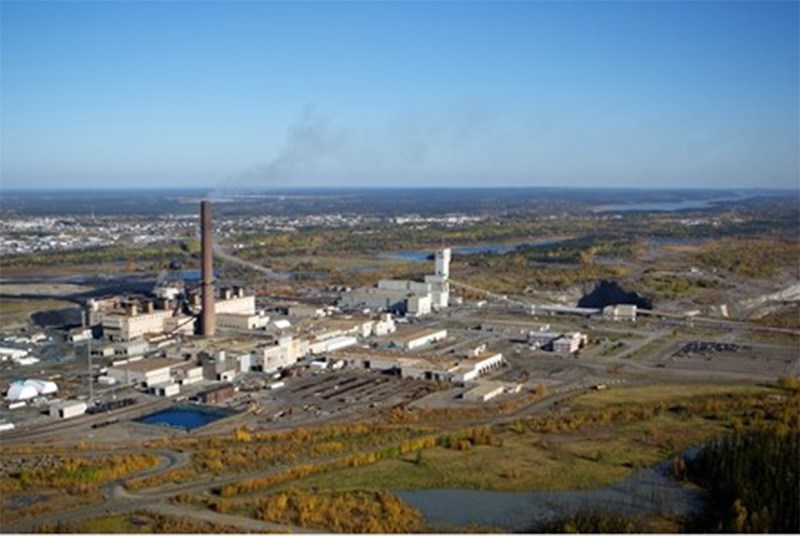Change – often in the form of job eliminations – continues to be the buzzword at Vale’s Manitoba Operations, where an unidentified number of non-union positions were cut this week as a result of corporate shuffling.
“In a business our size, it is normal to have adjustments in the organizational structure from tine to time,” said Ryan Land, Vale’s corporate and Indigenous affairs manager for Ontario and Manitoba, in an email response to a question about how many positions were affected and what the job titles were. “While I can confirm that there were employees affected this week, for reasons of confidentiality and out of respect for the employees, we won’t say more or share specifics. This is more a part of the ongoing reorganization of our North Atlantic structure, rather than a consequence of the ongoing workforce adjustment.”
Land himself recently moved from a Thompson-based position as the Manitoba Operations manager of organizational development, corporate and Indigenous affairs to his current role, in which he splits time between Sudbury and Thompson.
That followed on the heels of the company announcing that that Warren Brass would be retiring this fall after 37 years with Manitoba Operations and that Gary Annett, currently the manager of Vale’s Garson Mine in Sudbury, would work in Manitoba Operations for three-month term as the manager of Thompson mines.
Alistair Ross, previously the director of Ontario mining operations, was put in charge of mining operations for the North Atlantic division, including mines in Sudbury and mining and milling operations in both Thompson and Voisey’s Bay, in July, reporting to North Atlantic and Asia refineries director Ricus Grimbeek.
Grimbeek had announced July 9 that Mark Scott’s tenure as Vale Manitoba Operations vice-president and as an employee of Vale was ending July 20 as a result of the company reorganizing the management structure for its North Atlantic operations and Asia refineries division and eliminating his position.
Scott’s departure came just before 127 workers were laid off July 31, the official closing date of the smelter and refinery, though operations actually wound down weeks earlier following the completion of the company’s concentrate load-out facility. That was fewer layoffs than previously anticipated, as 169 layoff notices were sent out in April, at which time there were still more than 100 workers with buyout offers that hadn’t yet decided whether to accept or reject them. Thirty-four of those layoff notices were rescinded and the workers who had received them informed that their employment was being extended to Dec. 31. A possible round of layoffs that had been predicted for September did not materialize.
The July job losses, combined with 94 hourly workers who took buyout packages and another 60 who lost their jobs when Vale placed Birchtree Mine on care and maintenance in October 2017, mean there are now about 700 United Steelworkers Local 6166 members employed by Vale, down from about 830 before July 31, since others have quit or retired before their jobs get eliminated.
Land said previously that Manitoba Operations expected to have about 850 employees – union and non-union – through the end of this year and into 2019.




